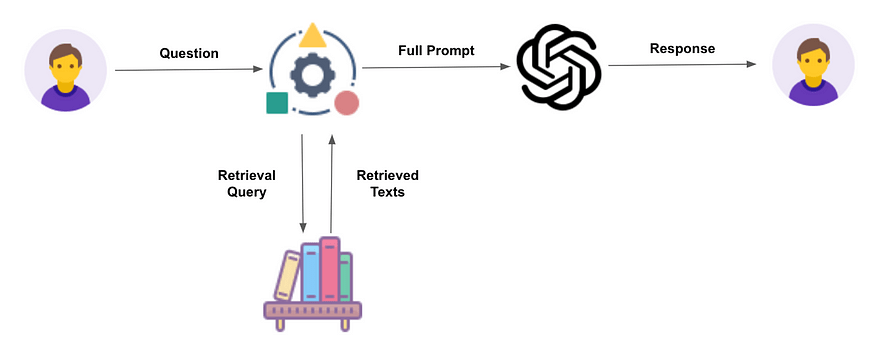Do you own a piece of land that can be used as collateral? Is your credit rating in an acceptable range? Then, Loan Against Property is the right thing for you. This option allows you to use your property as collateral against which to obtain a bank loan. Once your application gets clearance from the lender, you can utilize the amount as per your requirements in a hassle-free manner without having to wait for ages on end to receive it.

In order to avail loan against property, factors like the presence of Loan Against Property payment history, no of ITRs are required to be checked by the lender. If your loan against property is with them and you have been making monthly installments on time then these are good for you. Also if you have a good credit score and high ITRs i.e Income Tax Returns then these loans can also help you gain access to financial requirements.
1.Credit History
Credit History reveals some great information about your financial status. It is like a report card that shows what you have done with the value of money in the past as far as paying back credits or loans is concerned. The credit score indicates an individual?s ability to pay back any loan, credit card dues or mortgages within time. It helps to gauge how fast a credit can be paid off and for how many times an individual has paid on time without defaulting on their payments.
2.Insufficient Property Documents
A loan against property is a very important financial decision for the borrower. The borrower should make sure that he/she is aware of all the necessary documents related to the property that needs to be mortgaged before taking a loan from any lending institution.
One should check his/ her title deed and ensure that all the necessary details like survey, area, road access are correct in the title deed. Also, one should examine the building plan and make sure that all the necessary approvals for construction are in place i.e. approvals from the health department, pollution control board, etc.
3.Loan Tenure
Loan tenure is the period of time for which you plan to reimburse your loan. Lower loan tenures mean lower EMIs, but you may end up paying more interest in the over life of the loan. Longer loan tenures help you to spread your repayments over a longer period of time and suit those who have lower incomes. A longer tenure means that you pay less total interest over a longer period of time than with a shorter tenure, but it will take you longer to pay down your principal debt.
4.Age of the Borrower
The age of the borrower plays an essential role in determining the ability of repayment of the debt. The borrower must repay the loans before attaining the age of 65 years. If the borrower has reached the retirement age, then there are high chances of getting the home renovation loan applications rejected. In such circumstances, you can try for loans with a shorter duration, which will result in higher EMIs.










